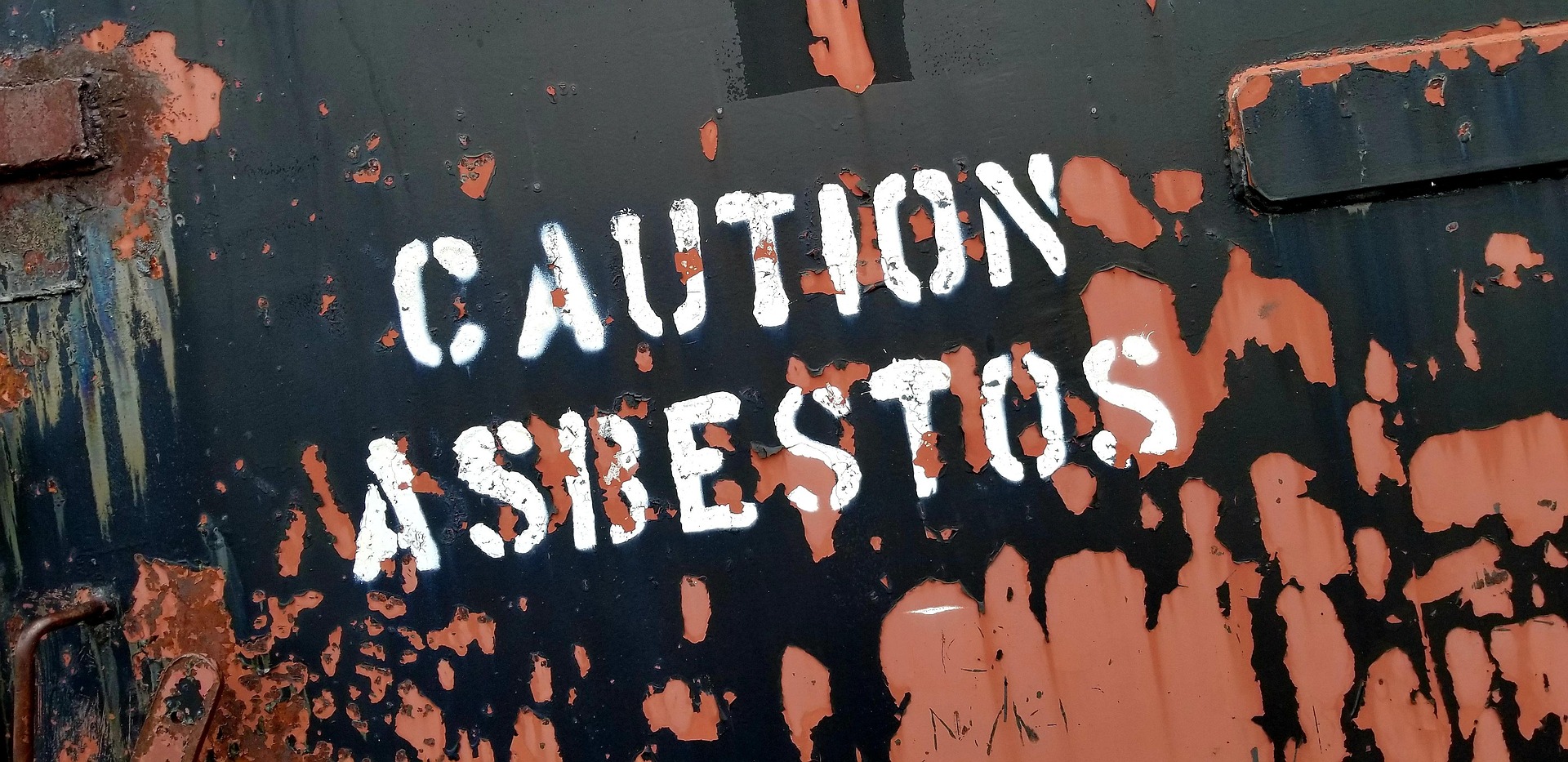Do I Need to Disclose Asbestos When Selling My Property?
Selling a house is one of the most significant decisions many people make in their lives. Whether you’re moving up the property ladder or downsizing, it’s essential to be aware of any potential issues that could affect the sale. One of those issues could be asbestos.
Asbestos is a material that was commonly used in building construction in the UK until it was banned in 1999. It was valued for its strength, resistance to heat, and affordability, but we now know that asbestos is hazardous to health. When disturbed, asbestos fibres can be released into the air and, if inhaled, can lead to serious illnesses like mesothelioma, lung cancer, and asbestosis.
So, should you declare asbestos when selling your house? The short answer is yes—if you know asbestos is present in your property, UK law requires you to disclose this to potential buyers. But there’s more to the story. Let’s dig into what you need to know, both legally and practically, about dealing with asbestos when selling your home.
Legal Obligations: What the Law Says
First things first: legally, if you are aware of asbestos in your home, you are obliged to declare it. This is outlined under The Property Misdescriptions Act 2013, which prevents sellers from providing false or misleading information to potential buyers. Failing to disclose known asbestos in your property could not only lead to legal consequences but also destroy any trust in the sale process.
According to UK law, “Yes, you have to disclose the presence of asbestos when selling your home if you are aware of it”. The presence of asbestos in homes has to be managed carefully, and honesty is crucial in this process.
In practical terms, this means that if an asbestos survey has been done and the results show asbestos, this information needs to be passed on to the buyer. You can’t simply sweep it under the rug in the hopes that it won’t be discovered. And even if you don’t mention it, buyers have a right to conduct their own surveys, so the truth is likely to come out sooner or later.
Risks of Not Declaring Asbestos
What happens if you don’t declare asbestos in your home? Apart from the obvious legal ramifications, the risks extend much further.
- Potential Lawsuits: Failing to declare asbestos could lead to a lawsuit down the line. Imagine a scenario where the buyer moves into the home, discovers asbestos, and then finds out that you knew about it but failed to disclose it. This could lead to a costly legal battle. Transparency in property deals isn’t just a legal obligation, it’s a moral one. No one should be exposed to a hidden health hazard, especially not when it could have been avoided.
- Damage to Your Reputation: Whether you’re a property investor selling multiple homes or simply selling your family home, your reputation matters. Failing to declare asbestos could hurt your credibility and future prospects, not only within your immediate circles but also in the broader market. In an era where reviews and word of mouth travel fast, bad news spreads quickly.
- Collapse of the Sale: In many cases, buyers are likely to conduct their own structural or asbestos surveys before closing a deal. If they find asbestos that you didn’t disclose, it could cause the sale to fall through. The worst part? This could happen at the final stages of the deal, causing everyone involved to waste time, effort, and money.
- Reduction in the Sale Price: When buyers find out about asbestos late in the process, they’re likely to negotiate the price down, potentially costing you thousands of pounds. In some cases, buyers may even walk away entirely, especially if they feel the situation wasn’t handled openly.
Does Asbestos Lower Property Value?
It’s common knowledge that asbestos is dangerous, but does it directly affect your home’s value? Unfortunately, the answer is yes. The presence of asbestos can lower a property’s value for a couple of key reasons.
First, dealing with asbestos can be expensive. While not all asbestos needs to be removed immediately, the fact that it’s there can make buyers nervous. Some may assume that dealing with asbestos will involve high costs for removal or containment and factor that into their offer price.
Second, asbestos can limit a buyer’s future renovation plans. If a buyer is looking to make major changes to the house, the presence of asbestos will complicate matters. Any renovations that disturb asbestos materials will require specialist removal, which adds to the complexity and cost of the project.
This means that selling a house with asbestos might take longer, and you may need to adjust your expectations regarding the final sale price.
How to Handle Asbestos in Your Property
If you’re selling a home that has asbestos, the situation isn’t hopeless. There are ways to manage asbestos responsibly, and doing so could help you avoid issues during the sale process.
- Get a Survey Done If you suspect or know that there’s asbestos in your home, the first step is to get a professional asbestos survey. This will identify the exact locations and types of asbestos in your property, so you can provide potential buyers with accurate information. It’s worth noting that if asbestos is found, it doesn’t automatically mean you need to have it removed. Many forms of asbestos are safe as long as they remain undisturbed.
- Asbestos Management Plan If the asbestos in your home is in good condition, you may be able to implement an asbestos management plan. This involves monitoring the asbestos to ensure it remains in a stable condition and providing instructions on how to safely manage it. Letting buyers know that you’ve taken steps to deal with the situation could ease their concerns.
- Removal as a Last Resort While not always necessary, removing asbestos could be the best option in some cases. This is especially true if the asbestos is damaged or if major renovations are planned. Removal must be done by licensed professionals, and while it can be costly, it could also make your property more appealing to buyers.
- Be Transparent with Buyers Transparency is key when selling a house with asbestos. Make sure potential buyers understand what they’re dealing with. Provide them with the survey report and any asbestos management plans. Many buyers are willing to overlook asbestos if they know it’s being handled responsibly.
Don’t Let Asbestos Stop Your Sale
Selling a house that contains asbestos doesn’t have to be a nightmare. The key is transparency. By declaring asbestos upfront, you avoid legal complications, build trust with buyers, and potentially even prevent a deal from falling apart.
Ultimately, knowing your legal obligations and acting in good faith can go a long way in ensuring a smooth sale.
By taking the right steps—whether that means conducting a survey, creating an asbestos management plan, or removing the asbestos entirely—you can still achieve a successful sale, all while protecting the health of the new occupants.
ARE YOU READY TO START INVESTING?
Subscribe to our mailing list now for exclusive deals, investment guides and the latest information from the property market.







